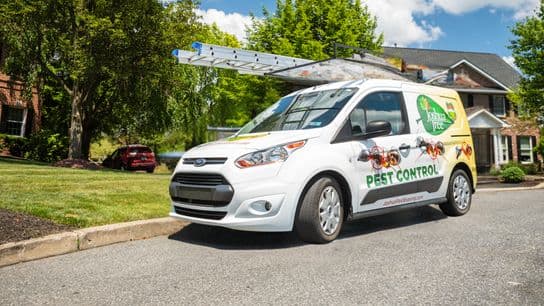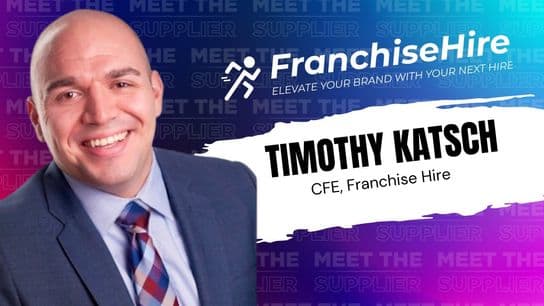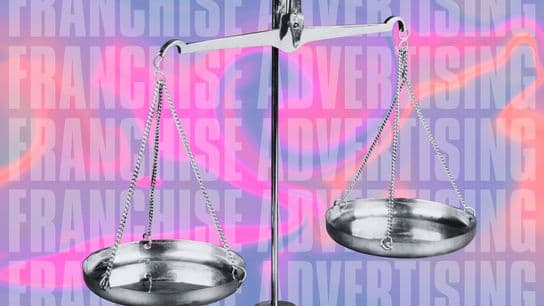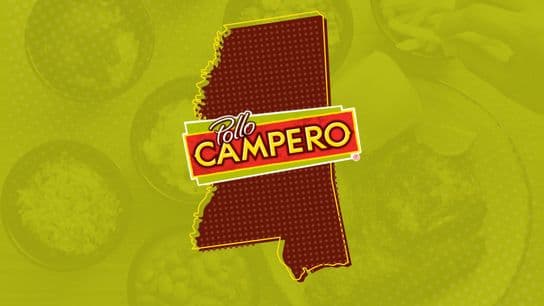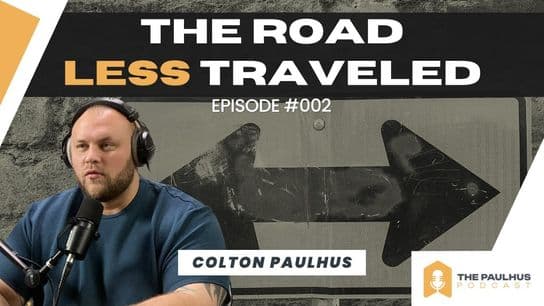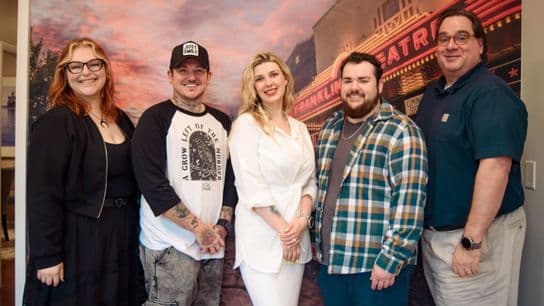Part 1: Want to Win More Clients? Here’s the Winning Strategy
Your competition can be an asset to your company—as long as you use them properly.
Throughout the next five weeks, I’ll be sharing insight into what I feel are the keys to creating a strong sales process, which, in turn, will lead to better clients and longer relationships.
This five-part series highlighting sell-for and sell-against tactics we face at No Limit Agency* and at 1851 Franchise offers insight into how we work. The purpose of this series is to get your own mind thinking about the impact your competition has on your business, what you should do about it, and how you should position your sell for optimal performance.
For part one, the focus is competition, as they will always be an asset if you use them properly.
All of us have competitors. Some play nicer than others; some are outright dirty. Knowing their sell against your strategy will help you determine your positioning. You may think that your message needs to be all about award winning or the value proposition – which, in many cases, will be critical checkmarks to your sales process. However, messages that counter the argument that your competitors are placing in the marketplace just may end up being more valuable.
Think about being in a pitch room with your competition. You are the fly on the wall for their pitch. You get to hear how they position their strengths, and in some cases, put you down through their perceived weaknesses of you. If you had that intel, what would you do with it? I would imagine you would leverage it to increase the value of your positioning.
I like to think about this exercise. Knowing some of the tactics of our competitors helps us to outline a true marketing strategy.
The exercise is good for think process, but gaining true insight is even better.
Over the last few months, I decided to approach new business phone calls a little differently than in the past. Rather than using the initial call as only a get-to-know you, budget and goal setting conversation, I have focused on extending it into intel on how some of my competitors are positioning their points of differentiation.
I want to know the good things they said about us, and especially the bad, so that we could proactively respond to the critics in the content, the advertising, our digital footprint, our social and our PR. If our messages can, at the very least, provide a counterpoint to what is being said, hopefully we can neutralize the competitive message and allow the brand that is searching for service to pick based on their gut, versus smear campaigns.
I also use these calls to truly understand the pain points of the prospect. I want to know if we can really solve their challenges (create a long-term productive relationship) or, if this is looking like an all eggs in one basket scenario (six months and done situation, which is not ideal for our agency).
When selling or positioning a brand, preemptively addressing the concerns the buyer may have is vital, as today’s buyer can create a voice that exists before you even have a chance to have a conversation (that’s the ghost prospect—someone who is evaluating your brand without telling you). Creating content that strengthens the ghost’s due diligence is the most important piece of the sales process, in my opinion.
It’s easy to sell once you have buyers in a room. It’s easy to sell once someone inquires about working with you or for you through your website. But, the ghost is the value opportunity. The ghost is someone who is looking at your brand or considering your brand from afar. The ghost is looking to conduct more research on you, your team, your brand and your future. The ghost is your opportunity because the ghost prospect has yet to decide what move they will make next.
A colleague of mine recently asked a few CMOs how they go about picking an agency. The responses were quite consistent in that the agency had to be at least one of the following: the cheapest, the award-winning or the analytical. Having that data point helps. We know that analytical/strategic is our winning play. Thus, our footprint to speak with our ghosts has to speak to this message. This is why No Limit Agency’s positioning as the brand biography agency is essential to creating a narrative that resonates with these CMOs looking for their last agency.
Thus, for part one, the most important piece of the sales process/positioning will be your digital footprint. If your website, social and digital content don’t have synergy, then you will confuse your ghosts, which may lead to less deal opportunities. If your messages are on point, you will win. If your content is robust and filled with great storytelling, you will keep the ghosts engaged. If you know what your competition is saying about you, that will come in handy, too. Stay tuned for part two to learn more.
*This brand is a paid partner of 1851 Franchise. For more information on paid partnerships please click here.




